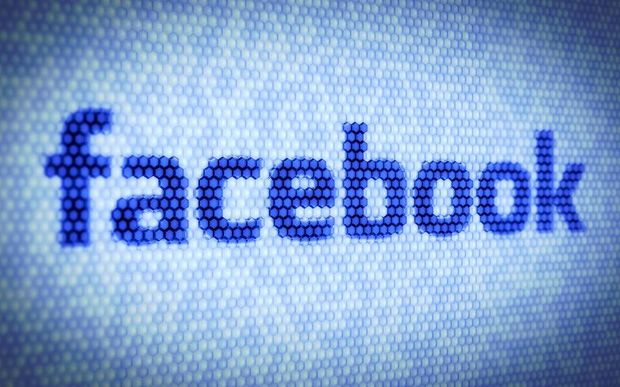Russia is blocking Facebook, the country’s communications regulator said on Friday, in response to what it said were restrictions of access to Russian media on the platform.
 Photo: 123rf
Photo: 123rf
The regulator, Roskomnadzor, said there had been 26 cases of discrimination against Russian media by Meta Platforms Inc’s Facebook since October 2020, including restrictions in recent days of state-backed channels like RT and the RIA news agency.
The move is a major escalation in an ongoing confrontation between big tech companies and Russia, which has in recent years issued a slew of fines and hobbled services through slowdowns. The tensions have ramped up amid Russia’s invasion of Ukraine, which Moscow calls a “special operation.”
Meta’s head of global affairs Nick Clegg said the company would continue to do everything it could to restore its services.
“Soon millions of ordinary Russian will find themselves cut off from reliable information, deprived of their everyday ways of connecting with family and friends and silenced from speaking out,” he said, in a statement posted on Twitter.
Last week, Moscow said it was partially limiting access to Facebook. The company said the move came after it refused a government request to stop the independent fact-checking of several Russian state media outlets.
Last week Twitter also said its service was being restricted for some Russian users.
Major tech companies have faced pressure to respond to the 24 February invasion, which has led to economic sanctions against Moscow by governments around the world. Russian state-run media has emerged as a key flashpoint between Moscow and social media platforms during the conflict.
Meta this week said it had restricted access to RT and Sputnik across the European Union and was globally demoting content from Russian state-controlled outlets’ Facebook pages and Instagram accounts, as well as posts containing links to those outlets on Facebook. Tech companies such as Alphabet Inc’s Google have also paused advertising in Russia.
Russia made several moves to crack down on foreign news media in recent days. It cut access to several news organizations’ websites, including the BBC, Voice of America and Radio Free Europe/Radio Liberty for spreading what it said is false information about its actions in Ukraine.
Ukraine’s government had called on Meta and other platforms during the conflict to withdraw their services from Russia.
Online speech experts and rights advocates have raised concerns about the impact of blocking online services for Russian citizens trying to organize or get information.
Meta had about 7.5 million users on Facebook in Russia as of last year and 122.2 million users across its other services, including Instagram, WhatsApp and Messenger, according to estimates from Insider Intelligence. The leading Russia-based social network VK had 63 million users, the researcher estimated.
Popular VPN apps have been downloaded more than 1.3 million times in Russia since its invasion of Ukraine began, according to data from researcher AppFigures, which described the figure as a major surge.
Meta was also one of several tech companies facing possible punitive measures in Russia after they failed to open local offices and take other measures required by a communications law passed this summer.
Tech companies globally have pulled out of Russia in response to requests from governments or to signal support for Ukraine. US internet provider Cogent Communications said on Friday it was cutting internet service to Russian clients.
Earlier this week, business software giant Oracle Corp said it was suspending all operations in Russia, while rival SAP SE said it would pause all sales in the country. A Ukraine government official had tweeted at both companies asking for support.
Roskomnadzor said in its statement that Meta had restricted access to the accounts of state-backed news outlets in recent days, listing RT, Sputnik, the RIA news agency, the defence ministry’s Zvezda TV and websites gazeta.ru and lenta.ru.
It said such restrictions violated the key principles of freedom of information and Russian internet users’ unimpeded access to Russian media.
